The peanuts are not nuts, as the name suggests, but belong to the legume family. The similarity to the botanical nuts results from the nature of the seeds: These include the consistency, the high fat content and the comparatively low starch content of the peanuts.
What you should know about the peanut

The homeland of the peanuts are South America as well as the Andes of Brazil and Bolivia. Nowadays the peanuts are mainly grown in the USA, India, China and Brazil. After fertilization, the elongated carpel curves towards the ground so that the fruit then grows in the soil. This is where the name “peanut” comes from.
The network-like structured and elongated pod usually contains one to four seeds.Peanuts can be bought all year round, but in Germany they are mainly offered from October to December. Most of them are already peeled. The raw peanuts taste similar to beans. After drying from around 40 to a maximum of ten percent water content, the peanuts are threshed or broken.
Part of the sleeve is removed. They are then processed further. The roasting then creates the typical taste. They can be consumed straight, but are also a popular ingredient in various sweets. In addition, peanut oil is a popular cooking ingredient, especially in Asian cuisine.
Importance to health
Peanuts contain many essential minerals such as iron, phosphorus, potassium, calcium and magnesium as well as numerous valuable trace elements such as zinc, copper, manganese and fluorine. The linoleic acid contained, the doubly unsaturated fatty acid, also offers numerous health-promoting properties.
Not only can it help you lose weight and promote supple skin, but it can also lower cholesterol and blood pressure and protect against arteriosclerosis. The high proportion of vitamin B and magnesium makes peanuts the right food for the nerves. The vitamin K in peanuts promotes blood clotting. Thanks to the fiber it contains, digestion is stimulated.
People who attach great importance to a low-sodium diet, for example due to high blood pressure or cholesterol levels, also benefit from the consumption of natural peanuts, as they are low in sodium.
The peanuts are among the nut varieties rich in protein, so they are particularly suitable for vegans and vegetarians. 25 grams provide the same amount of protein as a glass of milk. Phytosterols are another important ingredient in peanuts. They help prevent breast, prostate, and colon cancer.
Ingredients & nutritional values
| Nutritional information | Amount per 100 gram |
| Calories 567 | Fat content 49 g |
| cholesterol 0 mg | sodium 18 mg |
| potassium 705 mg | carbohydrates 16 g |
| Fiber 9 g | protein 26 g |
The peanuts are an excellent source of minerals, especially potassium and magnesium. More than 75 percent of the fat consists of healthy monounsaturated and polyunsaturated fatty acids. Peanuts do not contain cholesterol, so they are good for the heart.
They provide the body with essential amino acids, secondary plant substances as well as important vitamins, minerals and fiber. The peanuts are therefore definitely a food that should be eaten regularly. However, at around 560 kcal per 100 grams, they are not exactly lightweight. Therefore, consumption in moderation is recommended to avoid weight gain. Roasted and salted peanuts are higher in calories and carbohydrates.
Intolerances & allergies
Unfortunately, peanuts have a high allergenic potential, which affects some people. The use of this ingredient must therefore be stated. In some cases, even a few micrograms of a peanut can lead to severe allergic reactions or even shock, which can be life-threatening. It should also be noted that peanuts are high in calories, as half of them are made up of fat. Nowadays the peanuts are especially used for making peanut flips. In this case, however, they lose their healthy properties, which is due, for example, to the high sugar content.
Shopping & kitchen tips
Roasted and salted peanuts can be bought in cans, bags and plastic bags in the supermarket all year round. With the shell, however, they are often only offered in the winter months. Fresh peanuts are smooth and shiny, while older ones are dull and wrinkled. The mold toxin aflatoxin is sometimes found in the peanut kernels.
It is therefore advisable not to choose bags from unknown companies or cheap products. Ideally, peanuts are stored dry, cool and dark. A basement room or pantry are ideal storage spaces. Peanuts can also be stored in the refrigerator. In this case, however, they should be put in a closed and airtight container so that the oil does not take on other flavors, for example cheese. Peanuts can be kept in the refrigerator for three to four weeks.
Freezing can extend the shelf life up to a year. Basically, moisture damages the peanuts and causes them to mold quickly. Due to the high fat content, the peanuts also go rancid quickly. The shelled peanuts should therefore be consumed quickly.
Preparation tips
Peanuts can be eaten raw, but also salted, roasted or coated with honey. They are among the most widely used ingredients in food production. The peanuts are often a part of peanut flips, but the healthy aspects are lost due to the abundant sugar used. The proportion of peanuts is a maximum of 33 percent, so that the peanuts are primarily only used as a flavor.
Peanut butter, a healthy spread that is often eaten with jam, is very popular. It is also an ideal ingredient for creamy desserts. Peanut butter is particularly popular in North America, where it is used in many dishes. The peanut butter can also be found in numerous confectionery and baked goods, for example in cakes, cookies, chocolate bars and donuts. It can also be used for cooking, as it is a good basis for tasty sauces that give them an Asian touch. It also goes well with pasta, vegetables and egg dishes. Peanut oil and pastes are popular in Asian cuisine. These products are well suited for salads and poultry dishes.
The peanut oil has a particularly mild taste and has the advantage that it can be heated very strongly, so that it is also suitable for searing meat, for example. The oil is also often used in wok dishes. This kitchen appliance enables the food to be prepared gently, as the nutrients are largely retained. Unsalted, the peanuts can also be used to refine puddings or other desserts. Peanut powder or cream can also be found in almost all baked goods. The reason for this is the strong aroma that develops after roasting the peanuts.

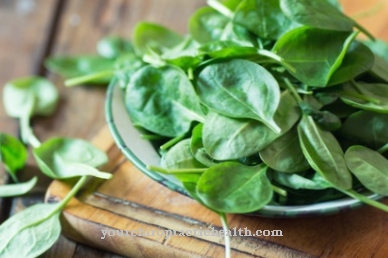
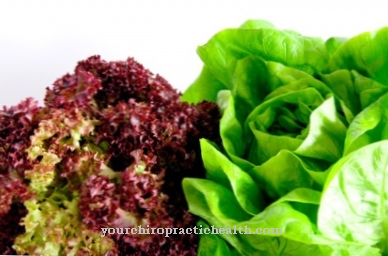
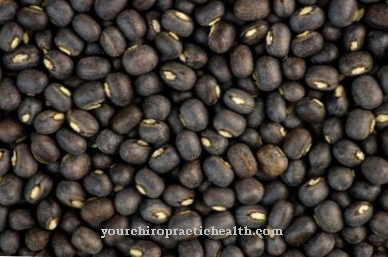
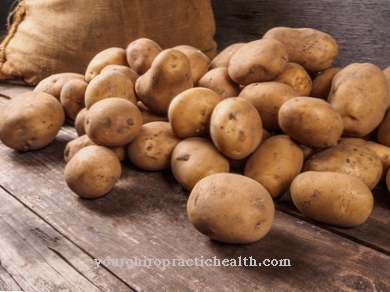
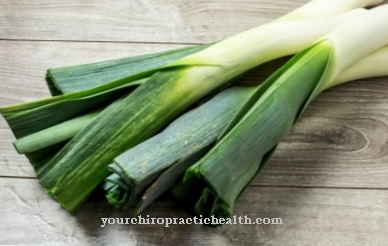
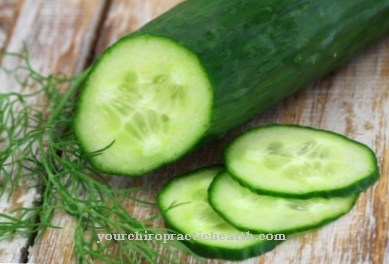





.jpg)



.jpg)










.jpg)
